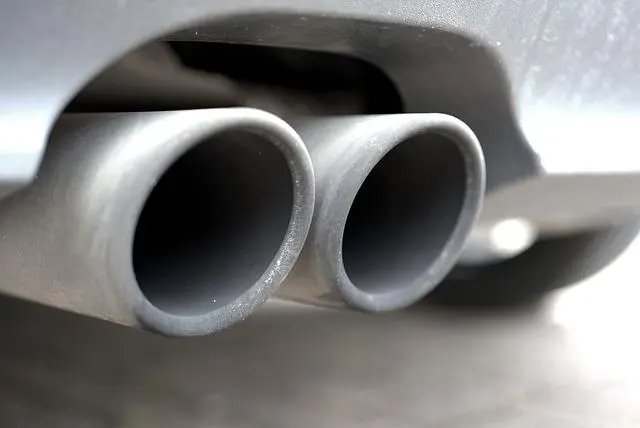cross-posted from: https://feddit.it/post/6569904
It’s not a typo: plug-in hybrids are used, in real word cases, with ICE much more than anticipated.
In the EU, fuel consumption monitoring devices are required on new cars. They studied over 10% of all cars sold in 2021 and turns out they use way more fuel, and generate way more CO2, than anybody thought.
The gap means that CO2 emissions reduction objectives from transport will be more difficult to reach.
Thruth is, we need less cars, not “better” cars.



I can’t understand that logic: if I can charge for free at work and can charge at home for less than the cost of gas, why on earth would I ever want to use gas?
It’s the other way around. Companies in the Netherlands lease cars for their employees here in the Netherlands. Usually for people that travel a lot with for their job or just as a bonus perk that comes with the job instead of salary. And the boss pays for all the gas and maintenance as well.
So either take the effort to charge, or even charge at home and get refunded the electricity costs. Or just fill it up with free gas which only takes a minute. Guess which happens the most?
The only time I saw some of those oversized and really popular Mitsubishi Outlander PHEV use a charge cable was if they wanted to take a good parking spot…
Well, that is both parts awful and makes sense.
One thing though that is often mentioned against charging points infrastructure is that today can only be used by upper-middle class families, while everyone else can’t benefit from it.
So adding an additional line of buses and closing car lanes (at rush hour) to dedicate to them can be cheaper (considering impact per person), lower emissions and be accessible to everyone, but it needs to be treated not as welfare but as a competitive service. (IMO)